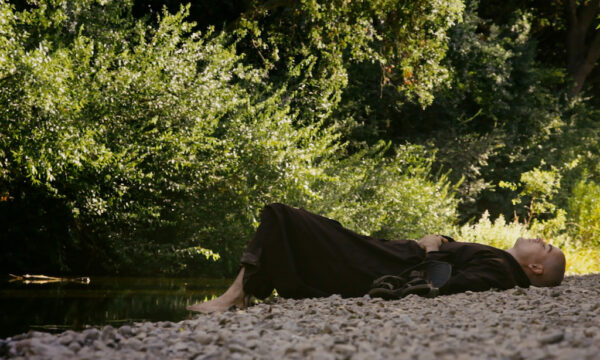The Vanishing Half by Brit Bennett

The beginning of the American writer Brit Bennett’s second novel resembles a fairy tale: in 1848, the freed son of an enslaved mother and a slave-owner father decided to found a small town called Mallard, a place for people “who would never be accepted as white but refused to be treated like Negroes”. In Mallard the locals cultivate fair skin, hoping that each generation will be lighter than the previous one, “like a cup of coffee steadily diluted with cream”. This echoes the early origins of enshrining whiteness as the default standard: in one of the first English-language novels, Oroonoko, Aphra Behn describes the European facial features of her African protagonist as proof of his nobility.
Two descendants of the founder of Mallard, identical twin sisters Desiree and Stella, are born in this city 100 years later. They have inherited from their great-great-great-grandfather not only their fair skin, but also the burden of living in a world where race is still a determining factor in human destiny. Bennett shows us the America of the mid-20th century, where people of colour are subjected to prejudice, discrimination and hate crimes, while whiteness is a symbol not only of privilege and financial well-being, but of security: Stella and Desiree witness their father’s lynching and this event is one of the key points which governs their lives.
The title of the novel is constantly mirrored in the narrative, reflecting two opposite sides of one reality: the twins are two halves of one whole. Like the characters of Sam Selvon’s The Lonely Londoners, the sisters go to a big city in search of a better life, but their paths diverge: Stella decides to break the connection with her family in order to “pass” as white, while Desiree marries “the darkest man she could find”. Even though The Vanishing Half describes sexual assaults, abusive spouses and people who commit murder due to racial hatred, the real antagonist of the novel is the structural racism which can’t be tricked by “passing” – there is always a great price to pay.
With calm wisdom but without moralising, Bennett takes the role of an outside observer, who penetrates the consciousness of her characters but never condemns their choices. This is a brilliant and touching family saga, which goes beyond race and colour, broaching topics of family, love, relationships, and self-acceptance in a constantly changing world. At the end the author gives the role of judge to the great equaliser: Mallard’s cemetery was divided into the white and the coloured sides, but in a case of flooding some gravedigger could “step over bones, not knowing the difference”.
Elizaveta Kolesova
The Vanishing Half is published by Hachette at the hardback price of £14.99. For further information visit here.

























Facebook
Twitter
Instagram
YouTube
RSS